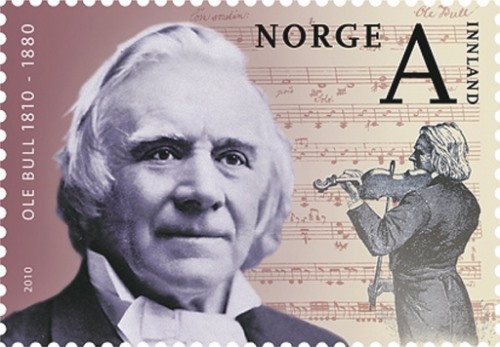
How a person reacts to criticism often means the difference between success and failure. Take the case of Ole Bull, the famous Norwegian violinist of the past century.
His practical father, a chemist, sent him to the University of Christiania to study for the ministry and forbade him to play his beloved violin. He promptly flunked out and, defying his father, devoted all his time and energy to the violin. Unfortunately, though he had great ability, his teachers were relatively unskilled, so that by the time he was ready to start his concert tour, he wasn’t prepared.
In Italy, a Milan newspaper critic wrote: “He is an untrained musician. If he be a diamond, he is certainly in the rough and unpolished.”
There were two ways Ole Bull could have reacted to that criticism. He could have let it make him angry, or he could learn from it. Fortunately he chose the latter. He went to the newspaper office and asked to see the critic. The astounded editor introduced him. Ole spent the evening with the 70-year-old critic, asked about his faults, and sought the older man’s advice on how to correct them.
Then he cancelled the rest of his tour, returned home, and spent the next six months studying, this time under able teachers. He practised hours upon hours to overcome his faults. Finally, he returned to his concerts and, when only 26, became the sensation of Europe.
Ole Bornemann Bull (1810-1880) was a Norwegian virtuoso violinist and composer. He was among the most celebrated musicians of the nineteenth century, a violin star who toured the world. Ole Bull expressed Norwegian nationalism in folk music-influenced compositions with great success.
Image courtesy: Pauline Park on X
